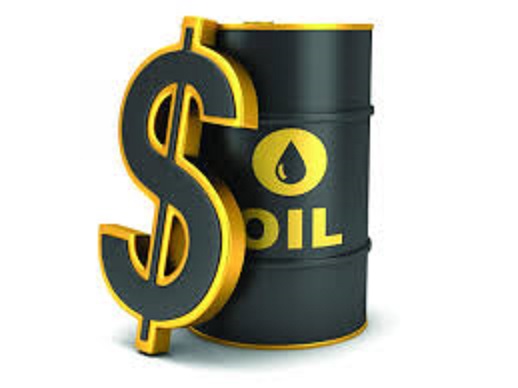The European and Atlantic physical crude market has been brought to a near standstill by a jump in prices and differentials as well as extreme volatility, trading sources said, following Russia’s invasion of Ukraine.
Many European buyers have avoided Russian oil due to the fear of potential future Western sanctions but they haven’t rushed to buy alternative grades because they have become overly expensive.
The development – often referred to as demand destruction – brings new complexity to the crude market which has already suffered from major disruptions of Russian oil exports due to measures enacted in retaliation against Moscow’s invasion of Ukraine.
In a sign the market is struggling, the Chinese state oil refiner Unipec this week put Angolan crude back on the market and was offering five cargoes, traders said. While Unipec does sometimes resell barrels, it is usually a top buyer of Angolan crude.
The move to resell comes as the Brent-Dubai spread DUB-EFS-1M hit over $13 – the highest on record – while the surging price of prompt oil relative to later supply – a phenomenon known as backwardation – has made Atlantic basin crude grades uneconomic.
“Angolan crude is not moving,” a trader of West African crude said “The market is slow. If the West starts to buy that’s a different story.”
The spread between the first- and second-month Brent futures LCOc1-LCOc2 has surged to a record high of almost $6 a barrel, while the dated Brent curve used to price physical crude deals is also in steep backwardation.
Unipec, traders said, re-offered the entire slate of Angolan crude it had been allocated on a term basis for April by state oil company Sonangol plus one extra, making five in total. It was one of the largest offerings by the company in years.
The Chinese company had bought two cargoes of Ghanaian Jubilee crude as well as between five to six VLCCs of Brazilian crude in recent days – some likely before Russia’s invasion of Ukraine – and therefore found itself with sweet crude to spare.




